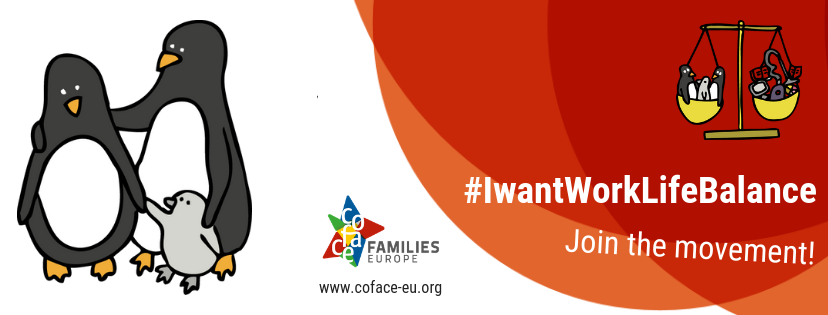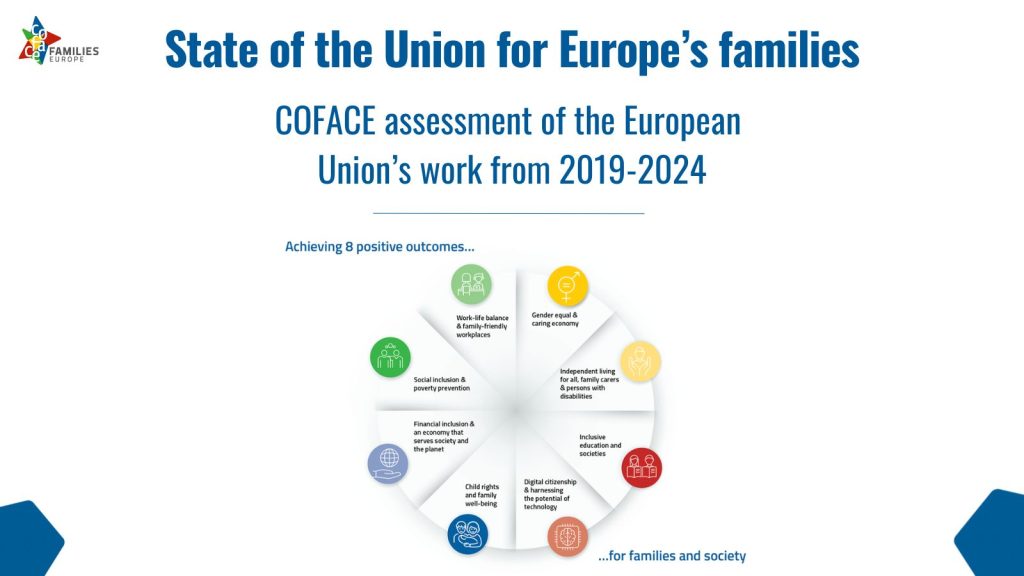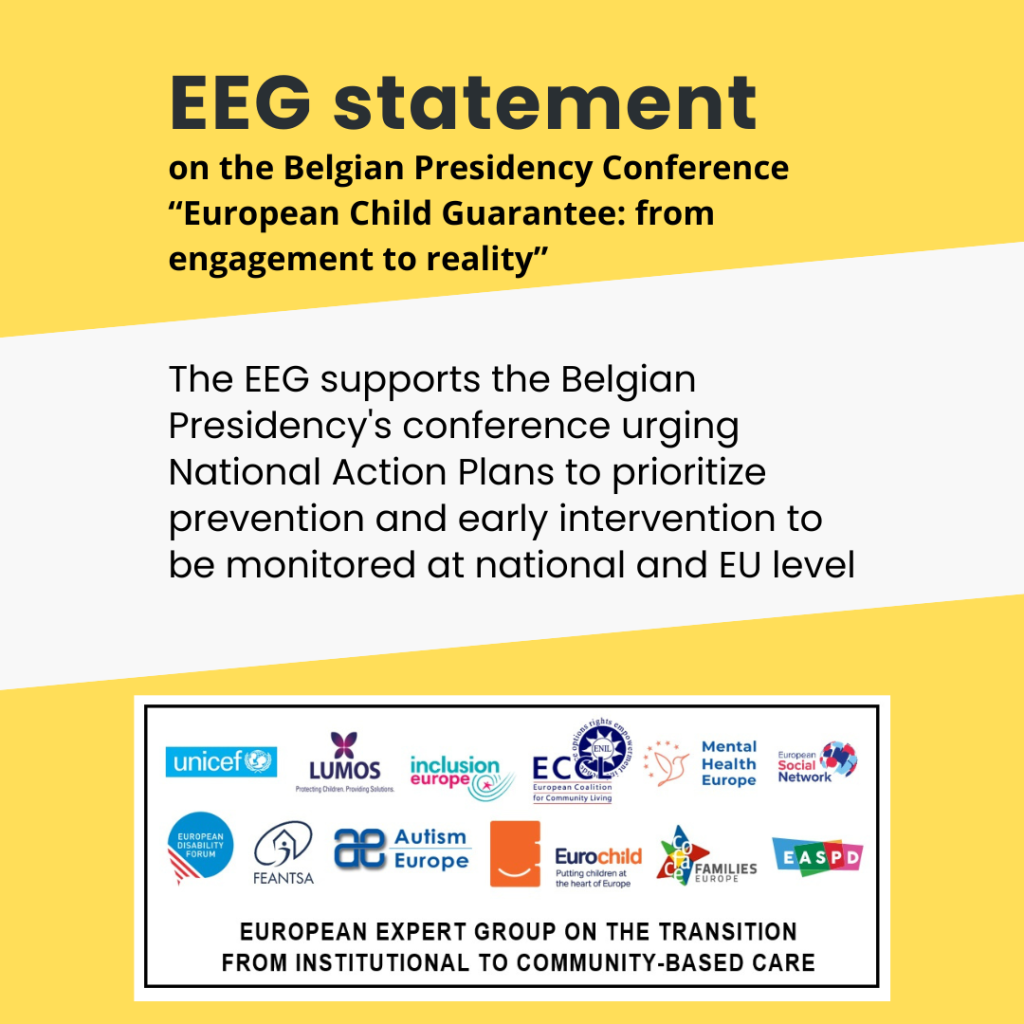The #IwantWorkLifeBalance campaign was launched in 2017 to shore up citizen support for the EU Work Life Balance Directive as a first channel to implement the European Pillar of Social Rights and make a real contribution to achieving more gender equality in Europe. We invited everyone to join the #IwantWorkLifeBalance Social Media campaign. How? By tweeting, retweeting or sharing our messages and/or pictures using #IwantWorkLifeBalance hashtag.
COFACE Families Europe has been pushing the EU for years now to recognise the social, economic and demographic needs of our societies to meet the pressing challenge of work-life balance, calling on the EU to recognise the current societal shift in parenting and working roles.
The shift of families towards more dual earners with dual, or multiple carer needs (for children, older family members, relatives with disability, or other support needs) is leading to new 21st century challenges for families such as reconciling family and work, parental burnout, and more) and the need for modernised 21st century family policies focusing on a reconciliation policy mix of Resources – Services – Time.
Families struggle to cope with their multiple responsibilities and thus helping them reconcile their work, family, care and private lives is fundamental. This is an essential driver for women to be able to enter and stay in the labour market but also to promote more gender equality at all levels, from inside the family to employment and the broader society. This helps in breaking the stereotypes of what is a “man’s or woman’s job” both in the family and in the labour market and it will improve the sharing of family, house and care responsibilities.
After two years of discussion, the EU Workk Life Balance Directive was finally approved in 2019. The following rights have been adopted:
- 10 working days of paternity leave for fathers, Remunerated at least at the level of sick-pay
- 4 months per parent, out of which 2 months are non-transferable between parents and remunerated at adequate level by Member States
- At least 5 working days with additional flexibility on how to allocate them.
- Right to request by parent of children up to at least 8 years old and carers for the following Flexible working arrangements: reduced working hours, flexible working hours, tele-work
Do you know why we use penguins?

The logo of the #IwantWorkLifeBalance is the Emperor penguin. We have chosen it because penguins are natural examples of sharing of responsibilities in parenting. We use penguins on our campaign materials because they support the idea to promote the breaking down of stereotypical gender roles, and to ensure true gender equality in both spheres of family life, within the caring and the working roles.
Get in touch
Policy – With a number of partners of the civil society we hold regular monthly meetings to update one another and strategise. If you want to be involved in the campaign or to receive our regular policy updates on this topic, contact Pascual Martinez at pmartinez@coface-eu.org
Communication – We invite everyone to join the social media campaign. For media inquiries or any request on the campaign please contact Bettina Guigui at bguigui@coface-eu.org




